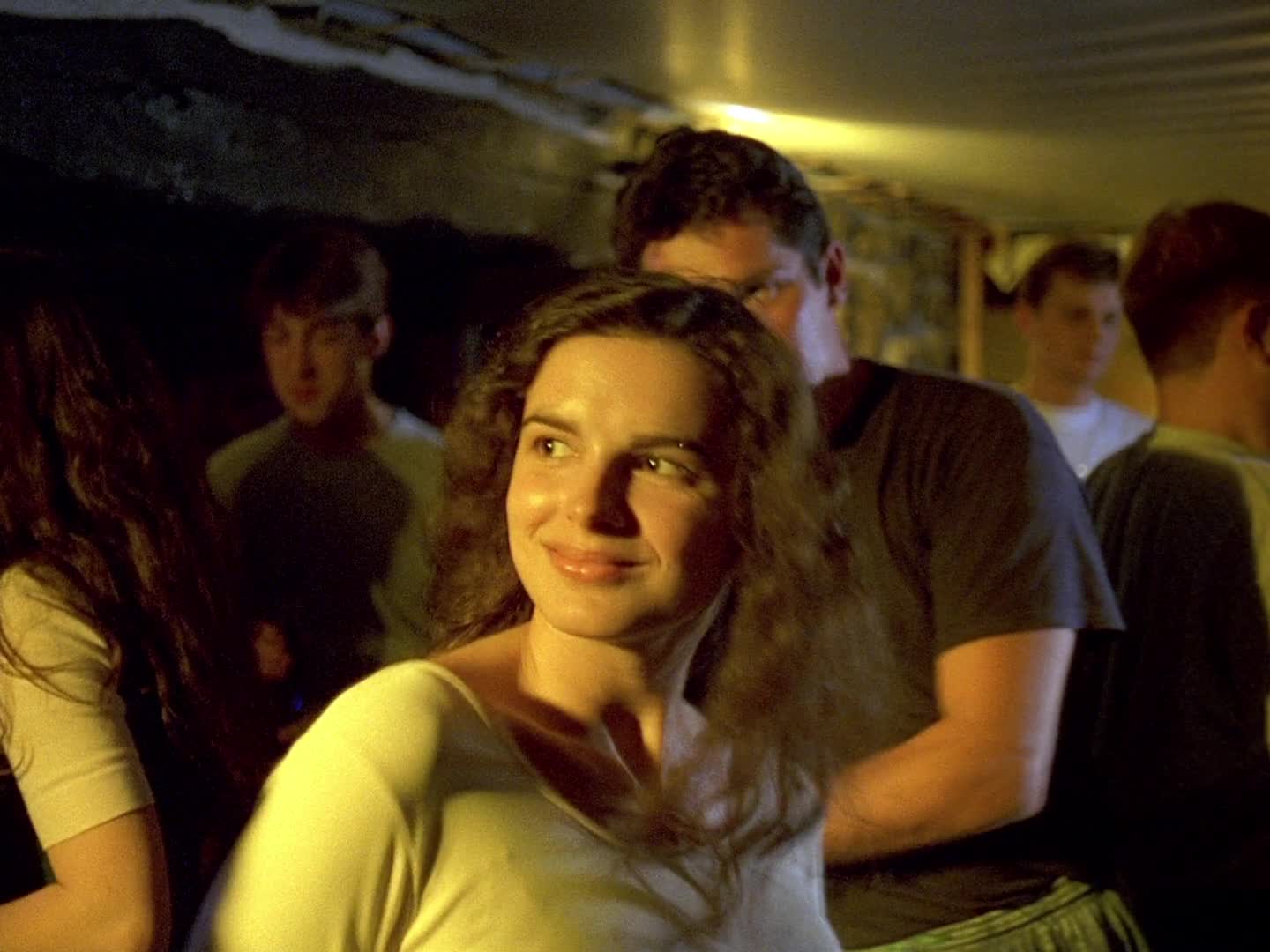[We replay this video as two new films from the director and one about the director play on Fandor: 4 Adventures of Reinette and Mirabelle, A Tale of Winter and Rohmer in Paris.]
To embrace the films of Eric Rohmer is to embrace a sublime sense of not knowing what makes us tick. As critic Adrian Martin writes in his recent appraisal of Rohmer’s A Summer’s Tale, “We come to doubt everyone and everything we see, hear, and read on screen; and, most of all we doubt our own assumptions and perceptions as viewers.”Why would someone seek out this kind of confusion for their viewing pleasure? Precisely because Rohmer is able to conjure a strange sense of pleasure from the uncertainty of relating to others, as well as ourselves.It’s the pleasure of witnessing situations that we know all too well (as reluctantly as we would admit to it), and yet have hardly been captured so vividly in the movies as in Rohmer’s hands. These are situations in which people seem poised to connect, to see each other and achieve a certain kind of intimacy and mutual knowing. And yet, something gets in the way.
As a kind of companion to Martin’s essay, this video essay takes three specific scenes from A Summer’s Tale to show Rohmer’s ability to conjure these moments. The video doesn’t offer too much in the way of plot set-up; but it shows how Rohmer’s simple but subtle approach to camerawork, staging and editing creates instantly recognizable states of uncertainty between people.
Eric Rohmer’s Guessing Gazes
Of course there’s much more to these characters and relationships than what’s conveyed in just these three scenes, which is why the entire movie should be watched. In doing so, one will revel in a succession of real life uncertainties caused by any number of factors, internal (personal inhibitions, states of distraction, projections of desire or hangups that prevent someone from seeing what’s in front of them) or external (physical separation or distance). At the same time, these awkward, semi-tragic misconnections offer their own sense of playful delight, because they leave the mind buzzing in game-like speculation amidst the uncertainty. What’s really going on with that person? What are they thinking? Difficult to grasp for all their delicacy, these moments where our standing with someone remains impalpable pass quickly through our lives. So it is remarkable how Rohmer utilizes the language of cinema to affix these situations to the screen with the precision of a lepidopterist pinning butterflies to a wall.
Special thanks go to critic and programmer Irina Trocan for her insights that went into the making of this video. She considers the film one of her favorites, if not the absolute favorite. Among the reasons are an ensemble of fully developed, complex young women characters, so rarely seen in mainstream romantic comedies and teen films. And how the film allows us to get to know these characters slowly and through indirect disclosures of information, instead of ham-handed exposition, outrageous scenes of comic embarrassment, or emotional outbursts. This layeredness is why the films get only better with repeat viewings, like playing back the memory of a strange encounter, wondering how it might have gone differently.
Kevin B. Lee is a filmmaker, critic, video essayist and founding editor of Keyframe. His video essay Transformers: The Premake will screen at the 2015 International Film Festival Rotterdam and the Berlinale International Film Festival Critics’ Week. He tweets at@alsolikelife.





